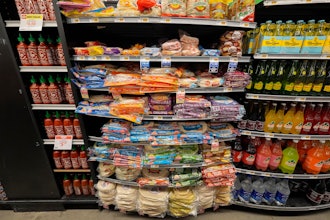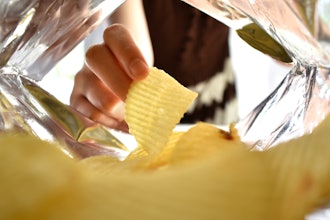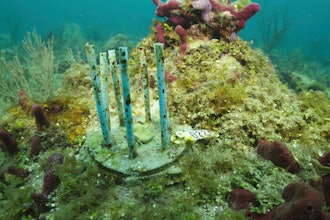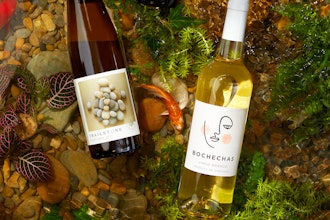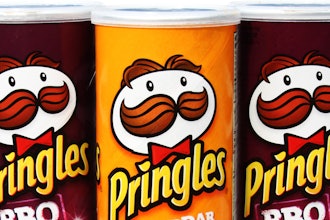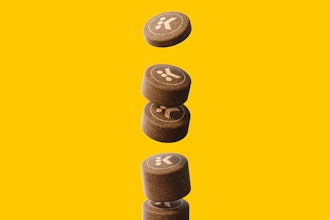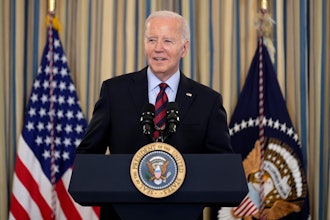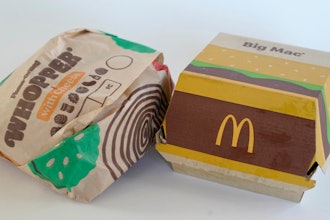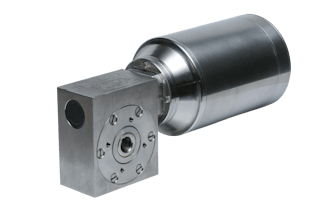MUNCIE, Ind. (AP) — Indiana companies that use discarded materials such as glass in their products are urging lawmakers to pass a bill requiring refundable deposits on beverages sold in recyclable bottles and cans.
Verallio North America vice president Stephen Segebarth told a joint meeting of the Indiana House and Senate environmental affairs committees on Monday that a bill that calls for a 5- or 10-cent refundable deposit on recyclable containers would boost job creation by providing discarded glass or metal for companies them into new products.
He said Verallio, which makes glass bottles and jars, is constantly searching for cullet — the industry's term for used and broken glass that can be melted down and reused.
"We are just hungry and robustly pursuing all cullet we can get," Segebarth said.
Representatives of Indiana Farm Bureau and Richmond-based Perpetual Recycling Solutions also testified in favor of the bill. David Bender, Perpetual Recycling Solutions' owner, told lawmakers his three-month old plant that recycles plastics into flakes for manufacturing reuse can't find enough plastic for its needs.
"There's not enough in Indiana to feed our plant, let alone grow it," he told legislators.
The Star Press reported that an estimated 3 billion beverage containers are disposed of in Indiana's landfills every year, burying the raw resources Verallio and the others would like to reuse.
Gov. Mike Pence has not yet taken a position on container-deposit legislation, said Dan Schmidt, Pence's environmental policy director.
Indiana Farm Bureau lobbyist Wayne Dillman said the group supports a bottle bill because its members are tired of collecting bushels of discarded containers from roadside ditches to "keep them out of our machinery."
But grocery stores, supermarkets and convenience stores are among the bill's opponents. The American Beverage Association, formerly the National Soft Drink Association, also opposes the legislation. The group represents nonalcoholic beverage producers, distributors, franchise companies and support industries.
Kevin Dietly of the ABA told lawmakers that beverage containers make up only 7 percent of the waste stream littering parks, beaches and roadsides. He said bottle refund legislation is a costly way to recover such a small percentage of the waste stream.
Instead, he said it's much easier to recycle beverage containers through curbside and other large-scale recycling programs.
Dietly said that since 1986 only one state, Hawaii, has enacted such legislation. Delaware has repealed its bottle law and other states are considering the same, he said.
State Rep. David Wolkins, R-Warsaw, who chairs the House Environmental Affairs Committee, said there may be other ways to boost recycling.
"I don't like mandates, bans and bottle bills. My goal is to find some way to make recycling happen without a bottle bill. This discussion isn't over yet," he said.










